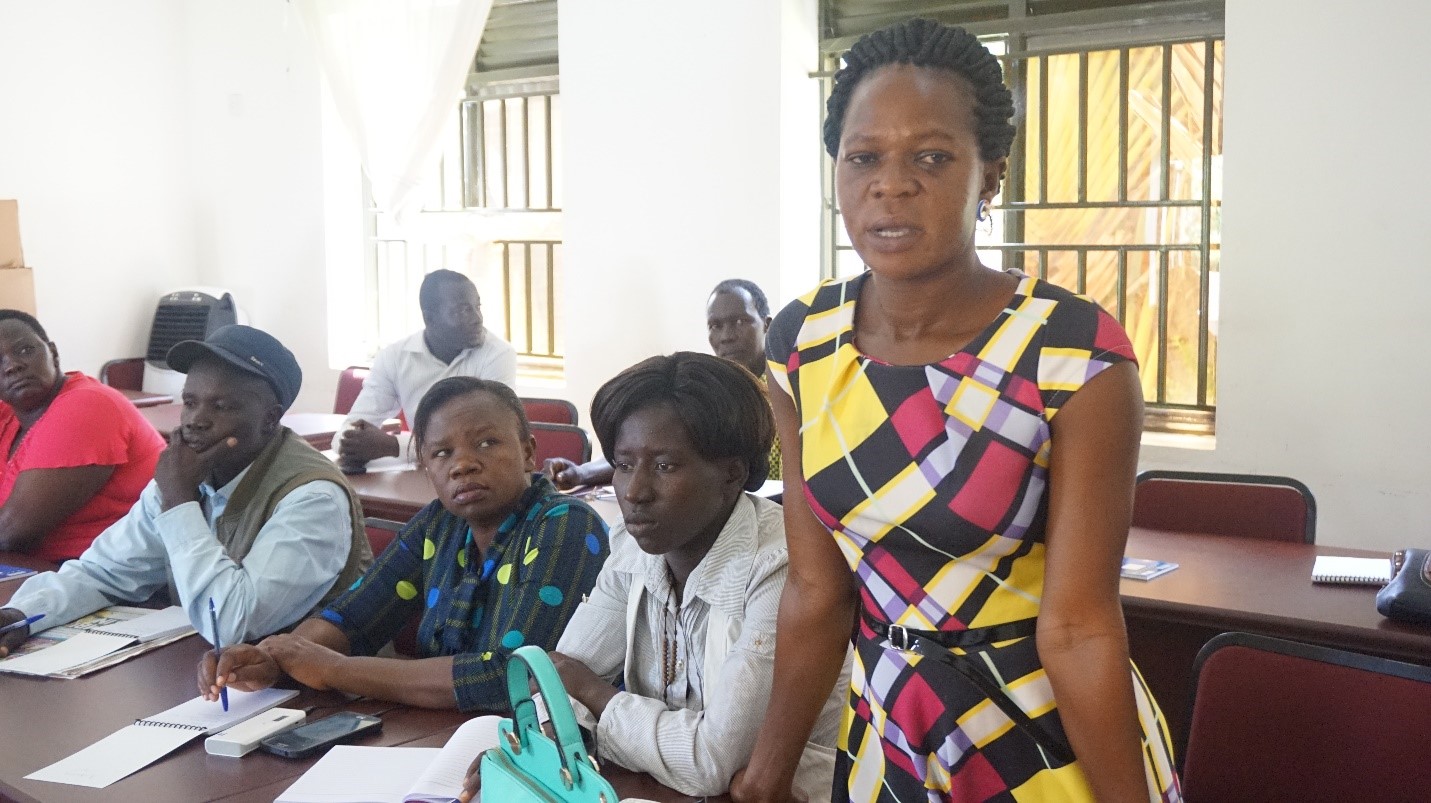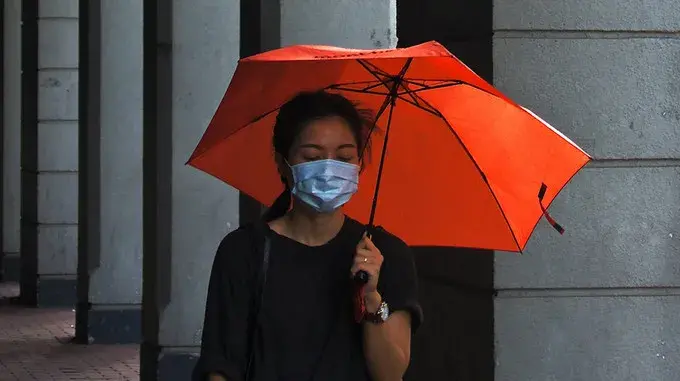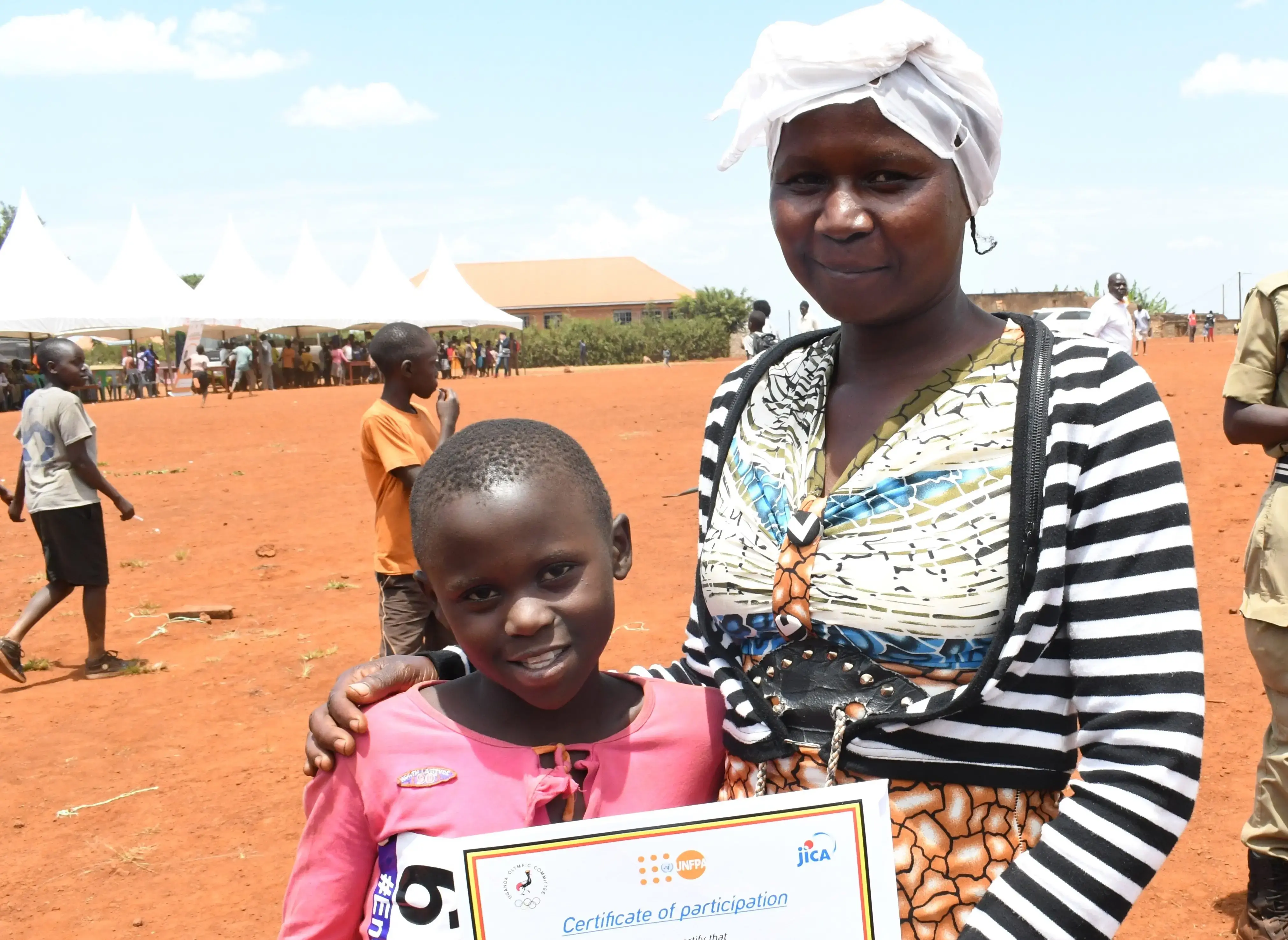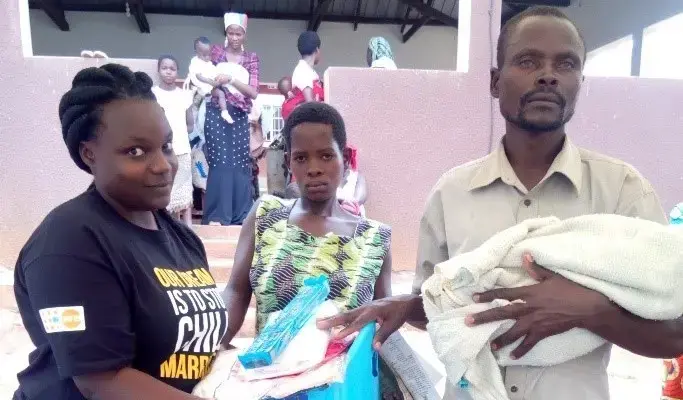During humanitarian crisis, sexual violence tends to increase leaving women and girls vulnerable, and putting their health and lives at risk. With the ongoing conflict in the neighboring countries, many refugees, majority being women and youth are reporting that they had been sexually violated in their country, thus raising the need to equip health workers with necessary knowledge and skills to effectively respond to sexual violence in emergencies:
Recently, sixty health workers from refugee hosting communities of Lamwo, Moyo, Yumbe and Adjumani benefited from the comprehensive five-day training among them on how to use Reproductive Health kits and PEP kits when providing services for Clinical Management of Rape.
Supported by UNFPA in collaboration with the Ministry of Health, the training targeted health workers in refugee serving health facilities in Arua and Gulu districts strengthening their capacity with skills and knowledge to provide timely quality medical care to survivors of sexual and gender based violence (SGBV) in emergencies.
“Since most refugees are women and children they are also vulnerable to sexual violence,” says Suhaila Aboud, a Clinical Management of Rape (CMR) specialist at the UNFPA Humanitarian Fragile and context Branch in New York who was recently in Uganda to support the five-day training in terms of capacity-building of the health care providers, mapping of the services and providing training for the health care personnel in humanitarian settings on CMR.
“Mostly the participants were reporting that they have not been trained on Clinical Management of Rape from their professional backgrounds so it was a good opportunity for them to receive this training from UNFPA,” Aboud said.
Some of the health workers also shared their experiences and challenges they had faced dealing with survivors prior to the training, adding that they did not know how to handle cases of rape and sexual violence.
“I am happy I came for this training, I now know what I should have done,” one participant said.
The health workers also shared their expectations of the training: “This is the first time to attend such a training and I expect to learn more how to medically manage rape cases,” said Joyce Dawa, a Nursing Officer.
Martins Okiria, a clinical Officer in a Health Centre III said he was interested in understanding the complications related to rape and what we can do about it.
“I would like to understand the legal aspects of rape and how best to liaise with the police,” said Enzama Bernard, another Nursing Officer.
The participants really appreciated the training and most of them told me that they felt more confident to attend to survivors of sexual violence. They have come up with their own action plan on what they intend to do when they get back to the field.
“We are also planning to help them see that that they are able to implement their training by offering them mentoring and going down to support them as they carry out their activities,” Suhaila adds.
The impact of sexual violence can be devastating with physical consequences including injuries, unwanted pregnancies, fistula and HIV. UNFPA is spearheading efforts to address this problem at every level and training of health workers in Clinical Management of Rape in humanitarian settings is one of these efforts.
Since 2013, with support from UNFPA, 654 health workers have been trained in Clinical management of rape, with 3,351 GBV survivors receiving appropriate care (medical, psychosocial and legal) services.
Compiled by Patricia Nangiro and Evelyn Kiapi




